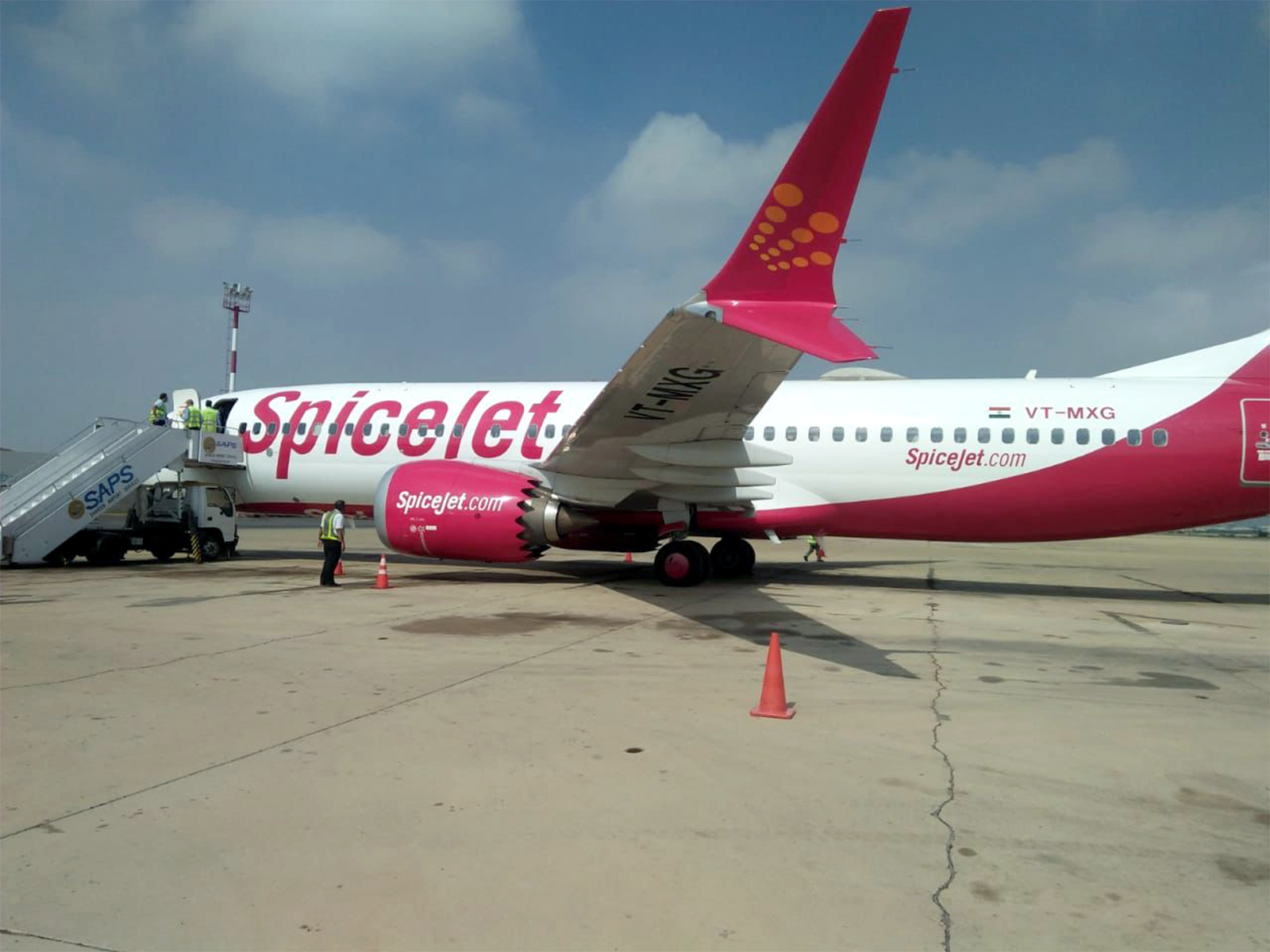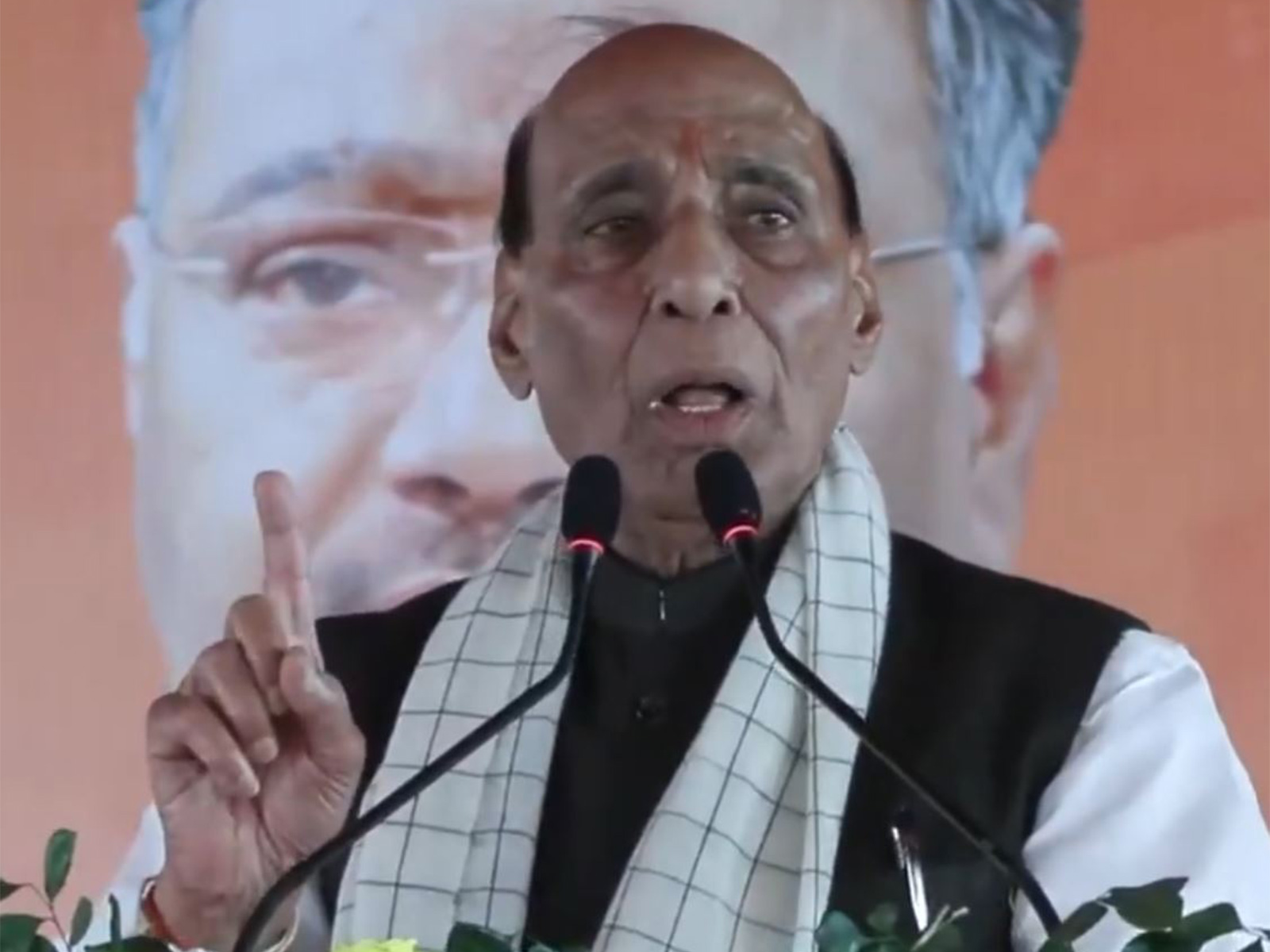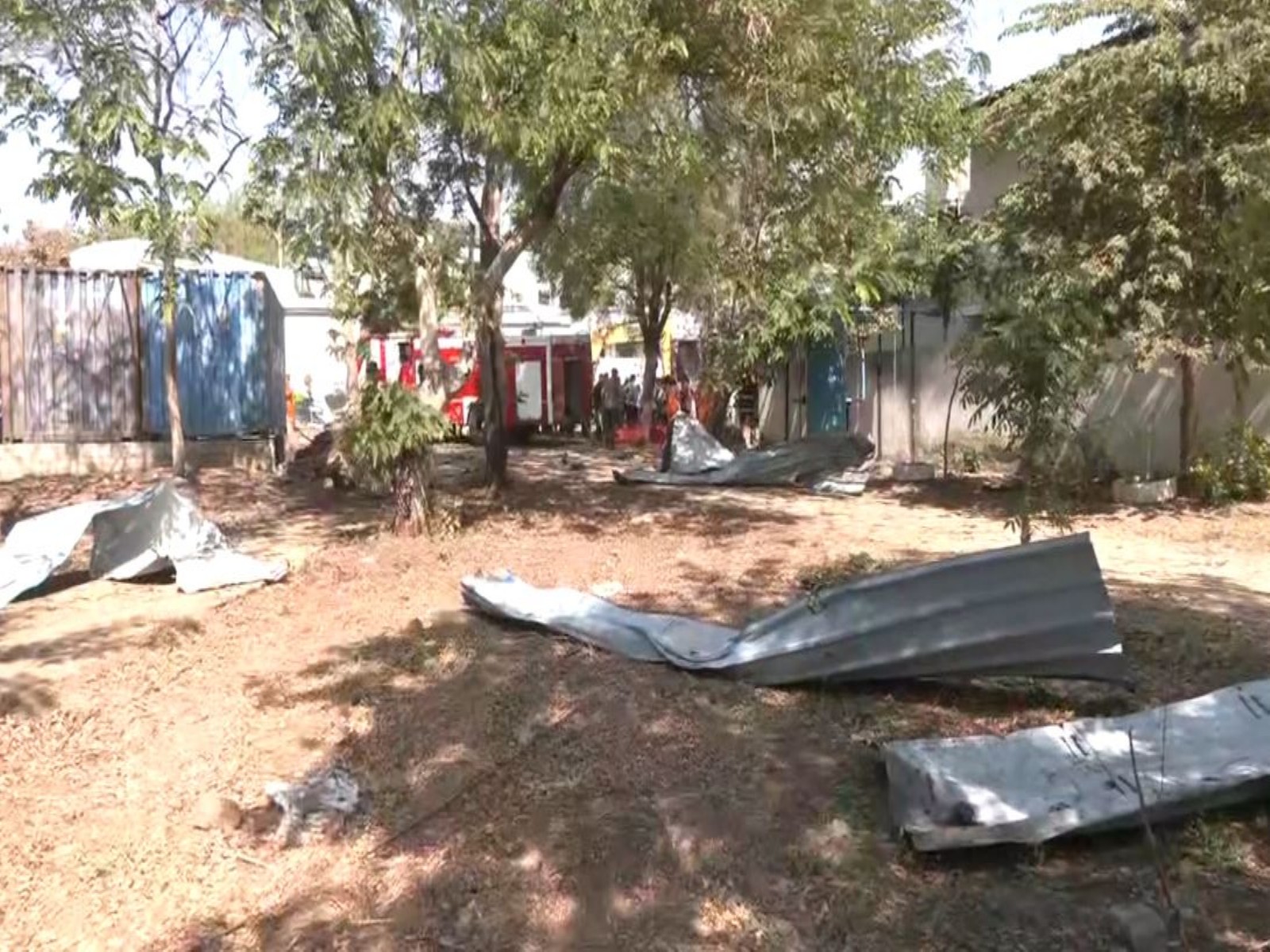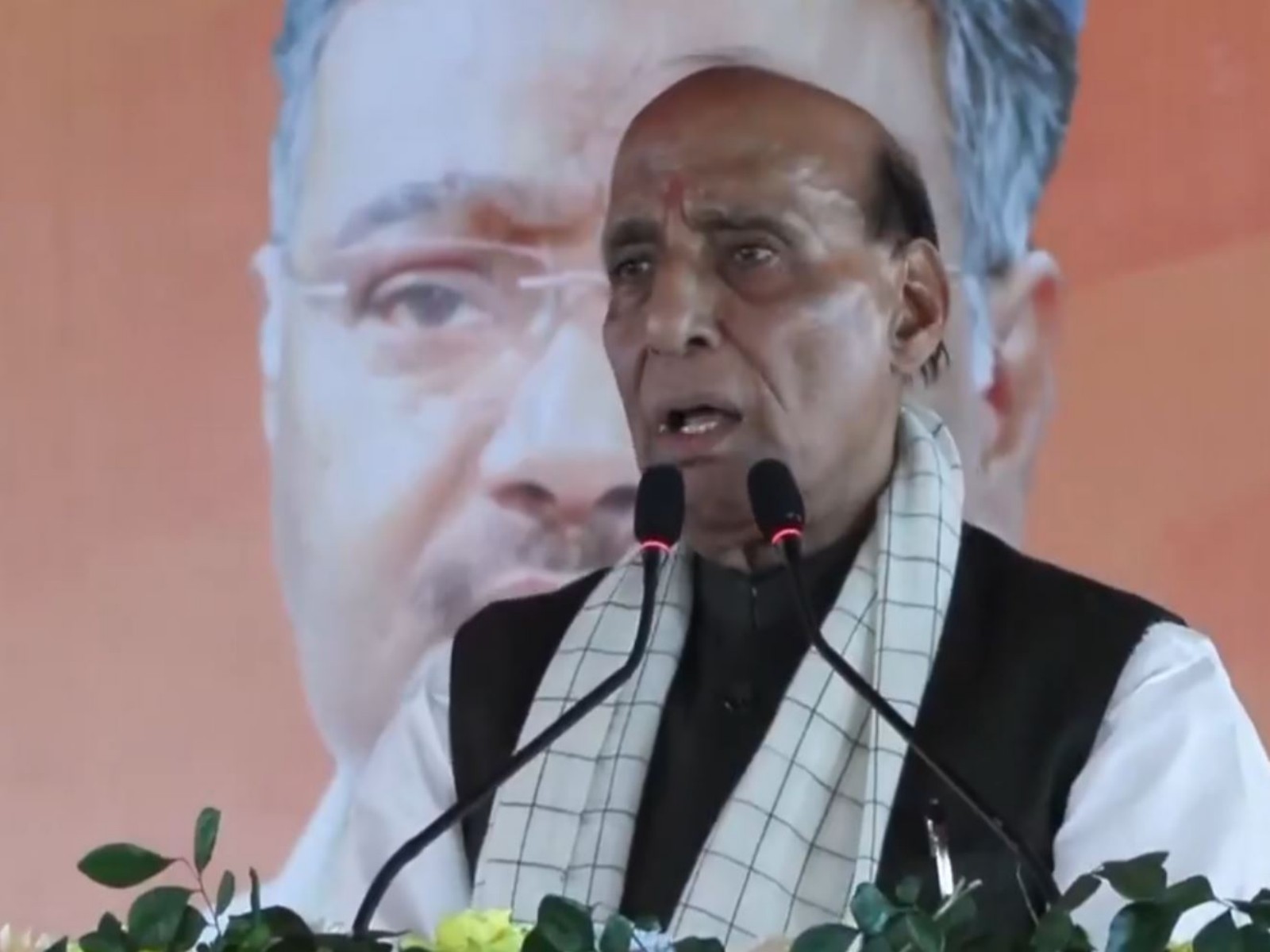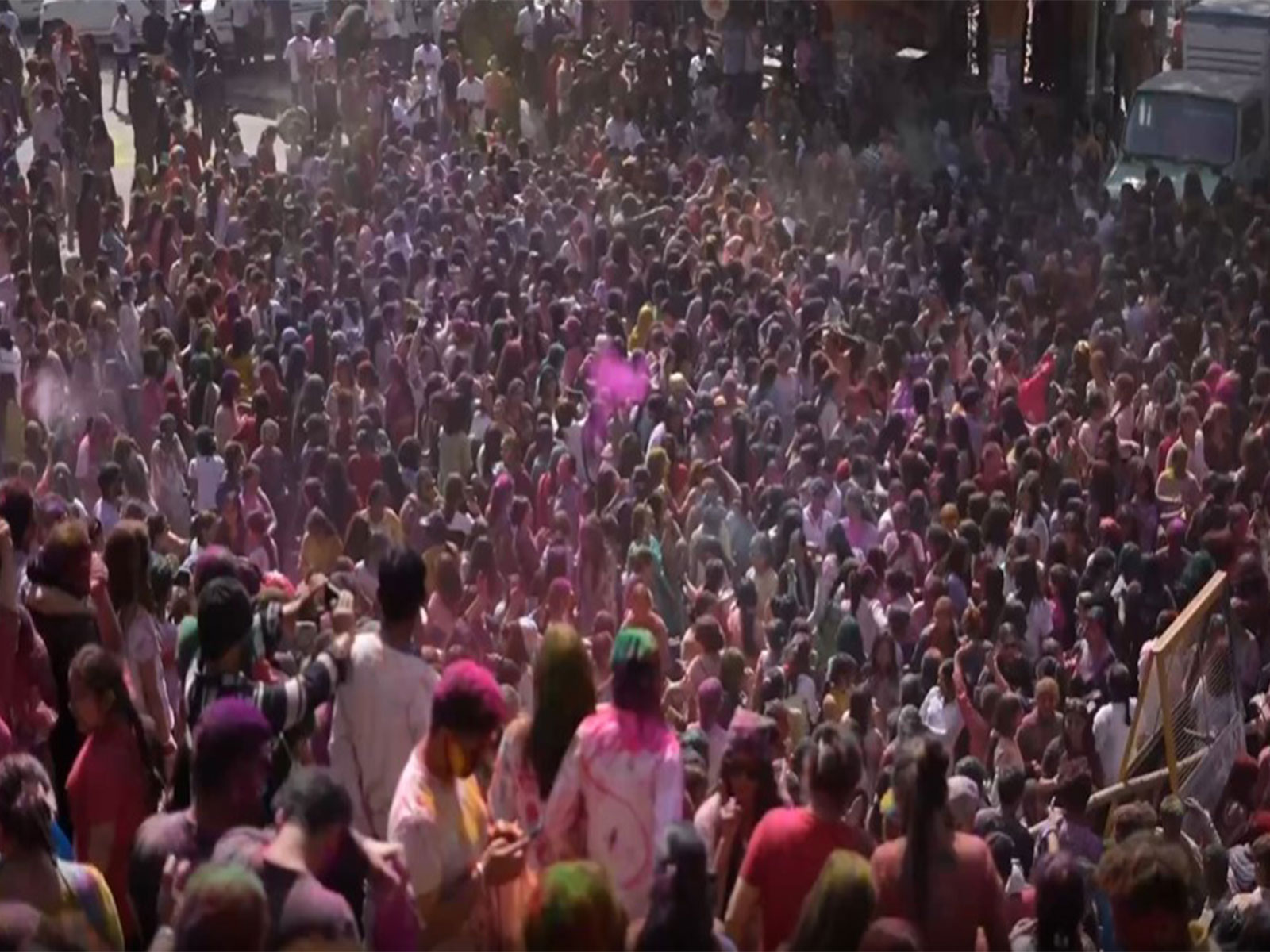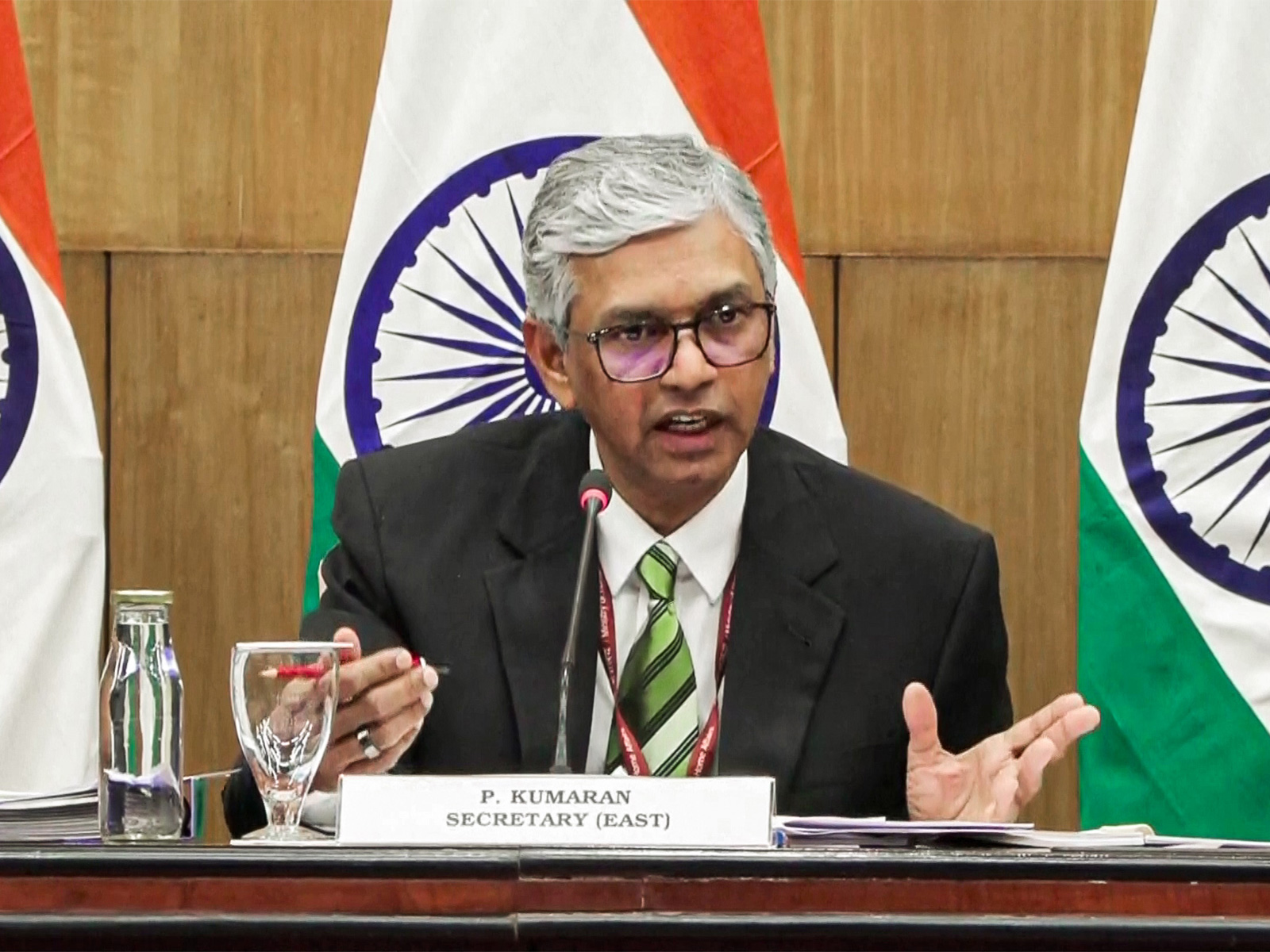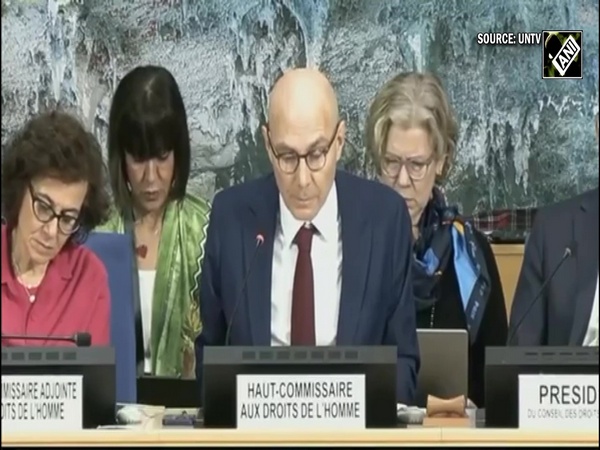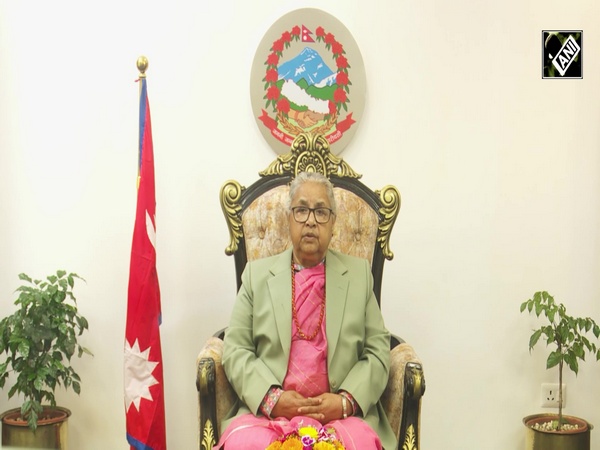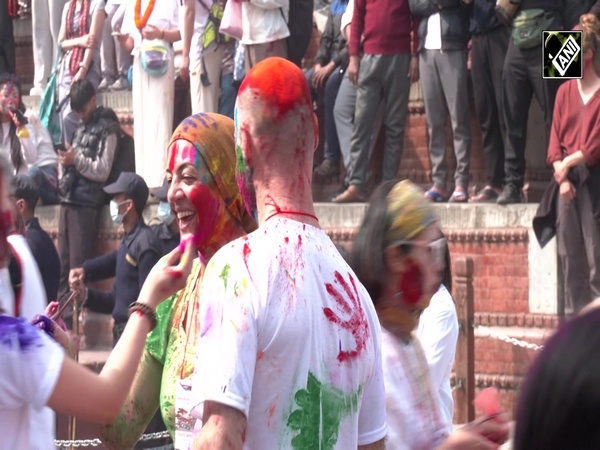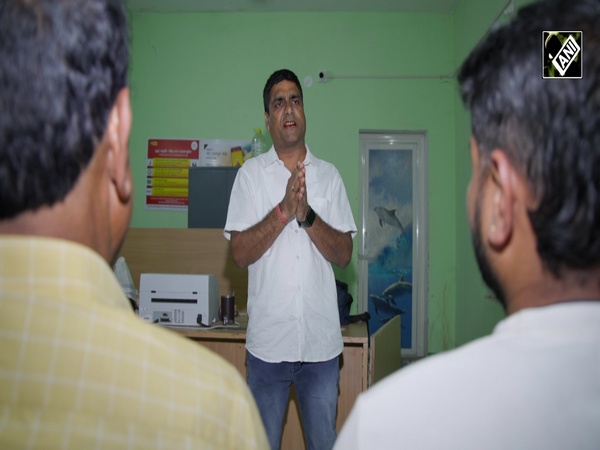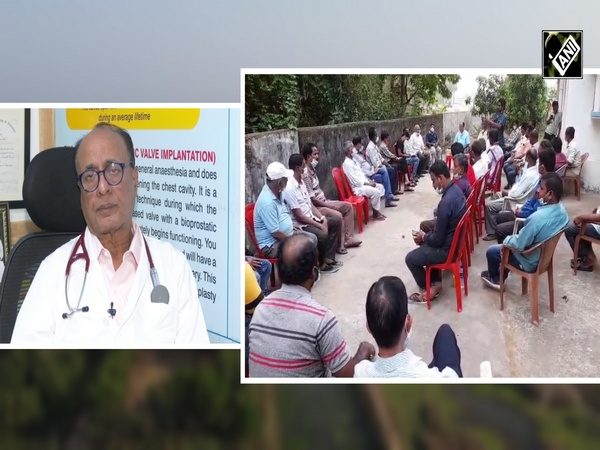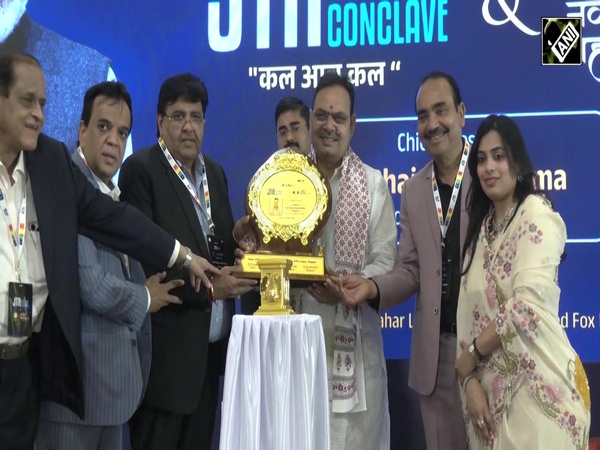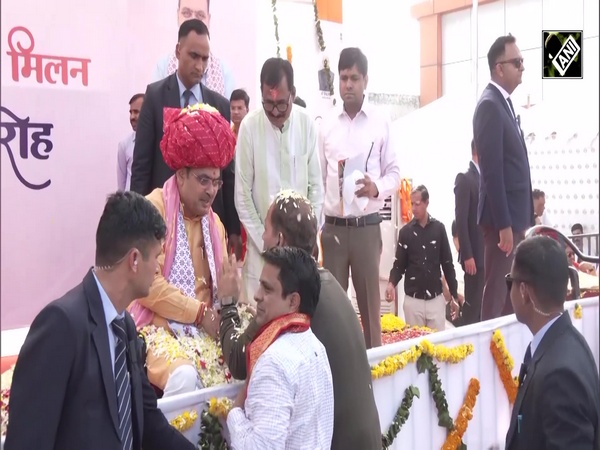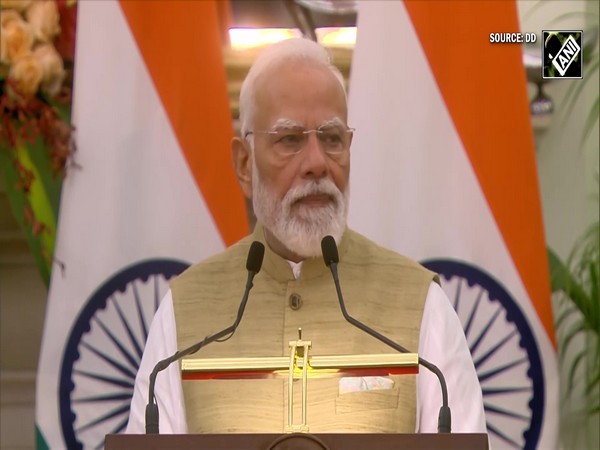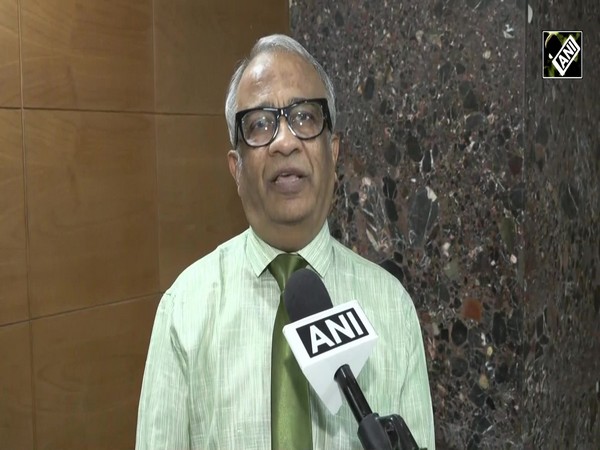"We need affordable care, better health insurance for every individual": Neurologist Dr JD Mukherji
Nov 22, 2025
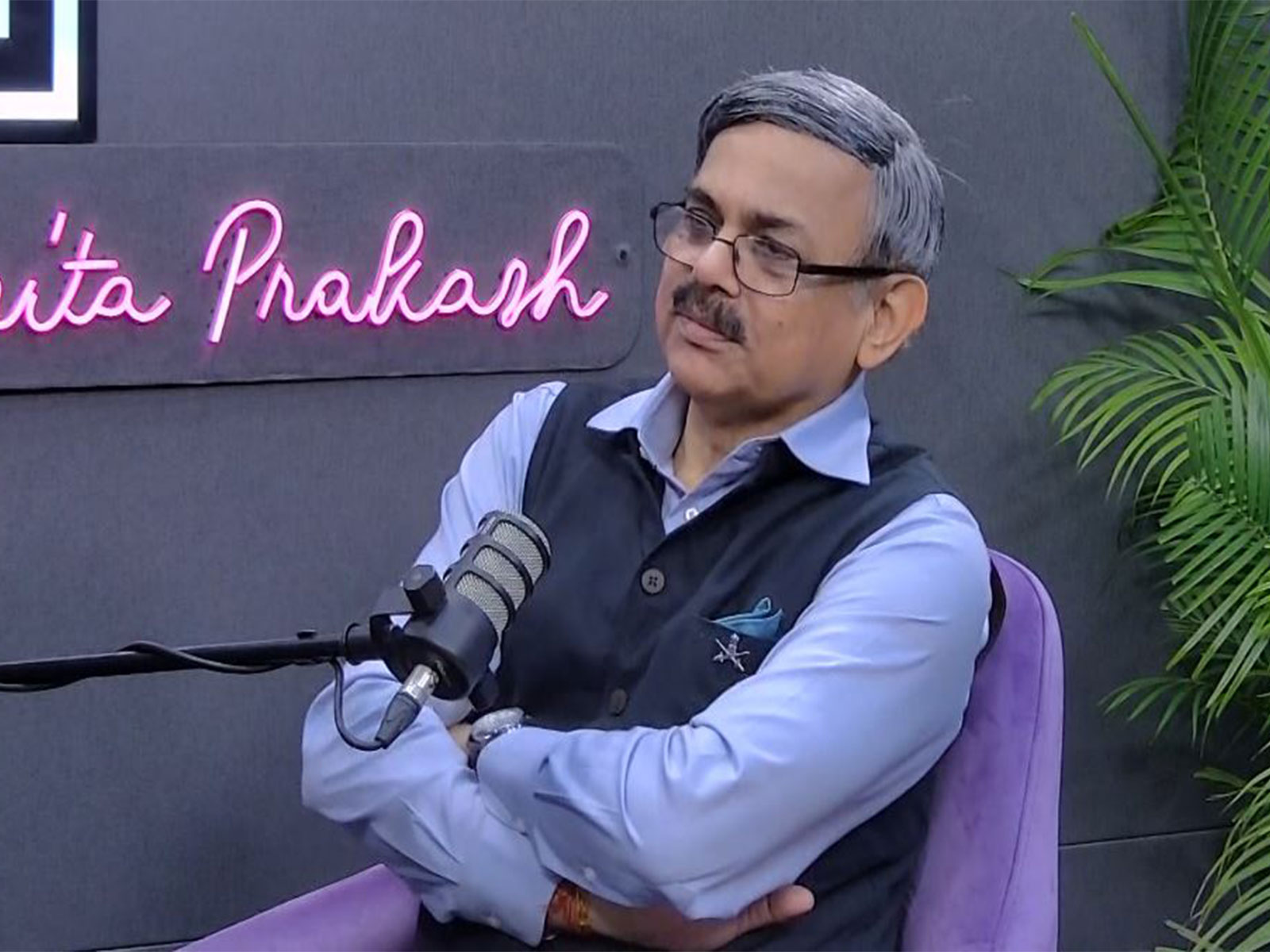
New Delhi [India], November 22 : Dr (Col) Joy Dev Mukherji, a renowned neurologist, emphasised the pressing need for affordable healthcare and comprehensive health insurance coverage for every individual. He believed that quality healthcare should be accessible to all, regardless of economic background.
Speaking with ANI, Mukherji emphasised that high treatment costs prevent many people, especially from villages, from accessing modern medical care and also called for improved medical evacuation systems and greater awareness of health insurance.
In an interview with ANI, Dr Mukherji said, "The cost of treatment is so high, there has to be a cheaper, more meaningful health insurance policy for the individual. I think that is what is required. So that they can afford the modern treatment. There's no reason why someone from a village can't have thrombolysis. We don't have adequate medical evacuation systems. These are the policy decisions that we have to take. Correct medical evacuation for people who are critically ill, deeper penetration of the insurance, medical insurance and awareness. I think these three things will make a lot of difference."
The doctor said India needs better health insurance coverage, like in countries with universal insurance.
He also said that government hospitals are overcrowded, forcing many patients to travel to big cities for treatment.
"You know, the penetration of, see, 1.4 billion people, it's not easy to insure everybody. But the insurance penetration is very much required. Many countries offer universal insurance coverage. We need to adopt that kind of policy at least because our government hospitals are overwhelmed with patients--too many of them. You can't do it. You can't do them justice. And everyone gravitates to the bigger cities for treatment," Dr Mukherji said.
Insurance penetration is measured as the ratio of total premiums collected to the country's Gross Domestic Product (GDP). It is one of the parameters used to assess the development level of the insurance sector in a country.
Dr Mukherji warned that neck massages at barber shops can lead to serious artery injuries, increasing the risk of stroke.
He also cautioned that sedentary lifestyles, smoking, vaping, and poor cholesterol are causing strokes in young adults and among gym-goers.
"The sedentary lifestyle and also neck massages. I want to highlight this. People get many neck massages at their barber shop, which can cause what we call a carotid artery dissection. What happens is the artery has got double, it's got a wall. Now, if there's a breach in the wall, the blood enters the wall, and there's no blood supply distally, that means it's flowing upwards towards the organ. So that can also cause a stroke. So a lot of strokes are happening because of these reasons also. I think there are a lot of youngsters who go to the gym, and they think that we are fine. But their lipids may be awfully bad. They may be smoking, even vaping, hashish; all these are risk factors for stroke. They may not have been well documented, but we are seeing them every day. Every day we see the 30-40-year age group coming with strokes. Yeah. Yeah. Even while gymming, they may have a dissection of the aorta," he said.
According to the Global Burden of Diseases Report 2021, there are an estimated 18 lakh strokes in India every year, the highest globally. The disease also kills 7 lakh people every year, making it one of the leading causes of death in India.
Notably, Ayushman Bharat, a flagship scheme of the Government of India, was launched as recommended by the National Health Policy 2017, to achieve the vision of Universal Health Coverage (UHC).
Ayushman Bharat - Pradhan Mantri Jan Arogya Yojana (AB PM-JAY) was launched on September 23, 2018, in Ranchi, Jharkhand, by Prime Minister Narendra Modi.
AB PM-JAY is the largest health assurance scheme in the world, which aims to provide a health cover of Rs 5,00,000 per family per year for secondary and tertiary care hospitalisation to over 10.74 crores poor and vulnerable families (approximately 50 crore beneficiaries) who form the bottom 40% of the Indian population.
The households included are based on the deprivation and occupational criteria of the Socio-Economic Caste Census 2011 (SECC 2011) for rural and urban areas, respectively. The Government fully funds PM-JAY, and the implementation costs are shared between the Central and State Governments.
